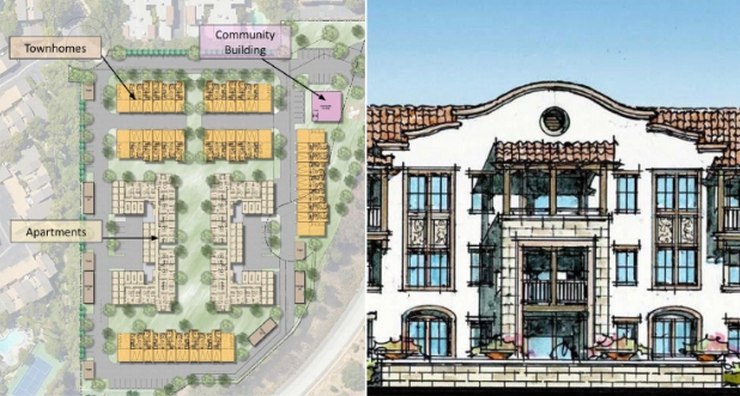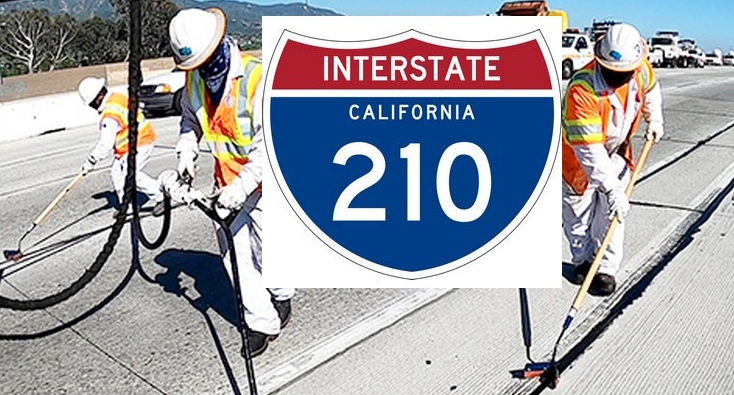
Rapid-fire changes in immigration and economic policies implemented during the first two months of the Trump Administration have elevated economic uncertainties in California, according to a UCLA report released Wednesday, which predicts the state’s economy will grow on par with the nation for the next two years.
But actual conditions could change depending on the impacts of the new federal policies, according to the UCLA Anderson Forecast for the state.
“Indeed, the disruption of the previous functioning of national government combined with executive orders on immigration and tariffs present an economic policy landscape with unique challenges for evidence-based analysis and forecasts,” UCLA Anderson Forecast Director Jerry Nickelsburg wrote in the report. “While we have data on the impact of tariffs on California, and data on the impact of deportations, we do not have data on the implementation of the three grand policy changes taken at the same time. Therefore, the uncertainty that is associated with any forecast is now very much elevated with respect to this one.”
Nickelsburg noted that immigration policy could lead to the loss of millions of undocumented workers from the U.S. labor force, either through deportation or through such immigrants voluntarily dropping out of the workforce due to fear of deportation. For California, such a loss would reverberate through industries such as agriculture, construction, hospitality, health care, day care and other service sectors.
Previous efforts at mass deportations have also led to drops in employment rates among the remaining population, with many jobs generally held by immigrants simply going unfilled and tasks no longer being performed, which then inhibits employment overall, according to the report.
The report also noted that the Trump administration’s emphasis on growing the tech sector, including H1B visas, “suggests that this will benefit California’s tech industry,” Nickelsburg wrote.
He also added that federal policies could also prove detrimental to the housing construction industry, at a time when it is desperately needed following the Los Angeles-area wildfires. Nickelsburg wrote that deportations will impact the construction workforce, while inflationary pressures will raise the price of construction loans and the cost of new construction. Tariffs, meanwhile, will also drive up prices, with Nickelsburg noting that building materials are produced internationally — notably lighting, electrical fixtures and appliances that come from China, and the roughly 70% of lumber that originates in Canada, and 71% of gypsum, the main component of drywall, which comes from Mexico.
Nickelsburg predicted that the California economy will grow at roughly the same pace as the nation in 2025 and 2026, then grow slightly faster in 2027. The unemployment rate in the state is forecast to average 5.5% in the first quarter of this year, with the full-year average anticipated at 5.7%, followed by 5.2% in 2026 and 4.8% in 2027.














 0 comments
0 comments


